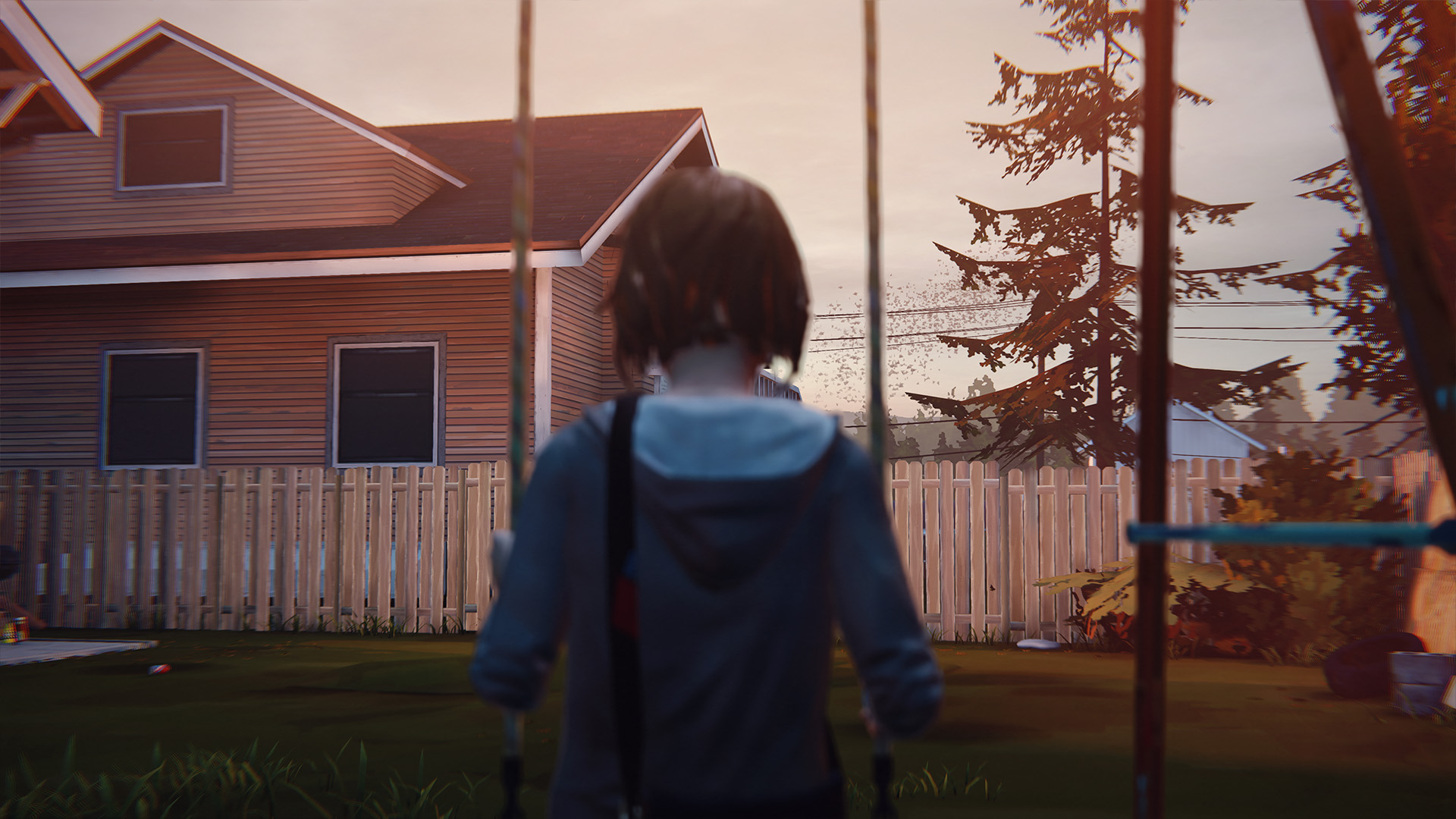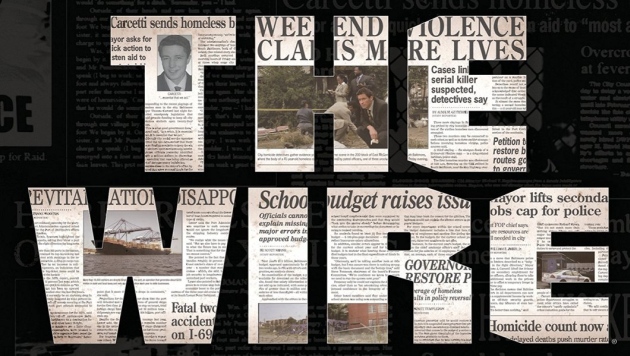
It's been 7 years since Iron Man came out and since then Marvel has grown a brand like no other company I've ever seen, besides Disney with whom, fittingly, they are now apart of. 7 years and we have had 10 films, 2 TV shows and many more of both still to come. They've also pioneered the idea of a shared universe where all the stories they tell exist and interweave, similar to the way the comics have operated for the better part of 50 years. It makes sense, Marvel began in the movie business the way any brand does, as licensed content. Deals were made, contracts were signed and we got the X-Men, Spider-Man and Fantastic Four films. But they were separate franchises, Spider-Man wasn't going to swing by Xavier's School for Gifted Youngsters and more than that these characters were being interrupted by movie studios more interested in producing a film that will make them millions than honoring the characters. Thus Marvel Studios was born, this wasn't a hired team of film studio executives, these were the same men and women who had been running the original company. The artists and writers who had been defining these characters and this universe in thousands of various comic books. Who better to bring the characters to the silver screen than those who know them better than anyone.

Marvel began this whole venture by setting up solo films, where major characters could have their origin and develop on their own, Iron Man, Thor, Captain America and so forth. This all led to a culmination in Avengers where each of these heroes, who were already holding their own franchises joined forces to combat a powerful foe. Genius. Then each of the characters went back to their own solo franchises, but the universe felt bigger. Minor characters from the different films were showing up in other franchises, Coulson being a staple of a few of the films. Marvel then decided to add a new medium to this interconnected universe, television. Agents of S.H.I.E.L.D. followed a mysteriously resurrected Coulson leading a team around the periphery of the Marvel universe dealing with lower level threats. That shows started off as a me-too kind of thing, pathetically chasing after the success of the Marvel films throwing in an eye-rolling number of references in the hopes of proving their importance.

It wasn't until the last 6 episodes of the first season where Agents of S.H.I.E.L.D. really came into its own. This marked improvement of the show was able to happen because of Marvels interconnected universe, the events of Captain America: The Winter Soldier saw S.H.I.E.L.D. dismantled as the evil organization HYDRA was revealed to have deeply infiltrated the organization. So how did a show named after the organization react, perfectly. S.H.I.E.L.D. is destroyed HYDRA agents began slithering out from beneath their covers and things went bad for our heroes very quickly. The stakes were raised, characters stepped up and developed in interesting ways. Tying into the The Winter Soldier arguably saved the show, from mediocrity and possible cancellation. Season 2 while only in its first half has taken the momentum from the previous seasons finale and completely altered the dynamic on the show. And as of the last episode before the winter hiatus, Agents of S.H.I.E.L.D. has gone from chasing after its more successful older siblings to paving the way for future films and franchises. A revelation in the final moments of episode 10 has set-up drastic changes to the entire Marvel Universe. The exiting part is that the show will be paving the way, in this new exciting frontier.

The massive success Marvel has found in each new venture spurred them to take bigger risks on relatively unknown properties. Guardians of the Galaxy, which proved to be a runaway success has assured Marvel that people view them as a sort of seal of quality, and will go wherever they lead. And excitingly for this Marvel fan, and the millions of others out there, that means delving into some of the more popularly unknown corners of the Marvel comics. Soon to be seen in theaters are
Ant-Man (who can shrink to the size of an ant, control said insects and increase in strength while small),
Doctor Strange (who defends the world from demons and other mystical creatures from alternate dimensions using magical abilities),
Black Panther (the prince of Wakanda, a highly advanced nation in Africa, who defends his city with powers gifted to him by the Wakandan Panther God),
Captain Marvel (an Air-Force pilot who through a freak accident is physiologically fused with a member of the Kree alien race bestowing her with immense powers), and
The Inhuamns (an entire society of people who were experimented on early in Earths history and isolated, all of whom are gifted with thousands of various abilities). If it wasn't clear through those, possibly insane sounding, descriptions Marvel is confident in themselves and if history is any indications movie goers will have nothing to fear. Marvel has a plan, they teased a character at the end of The Avengers named Thanos, he made a small reappearance in Guardians of the Galaxy and almost everything that has happened in the Marvel Universe can be traced back to him and what he is trying to achieve. When Avengers 3 rolls around the aforementioned films will have all come out, the existing franchises will have all had 3 films. And the sum total of 19 films and 6 TV series will conclude with a two part showdown with this unfathomably powerful foe.

But Marvel is also making headway on the newest content front, streaming distribution. Marvel has tapped Netflix to premier 4 brand new characters each with their own 13 episode season, culminating in a 5th show where the separate heroes team up. Sound familiar, Marvel is hoping what worked for their film ventures will work for them on Netflix. First up, premiering on April 10th of 2015 is Daredevil. After that Jessica Jones, followed by Luke Cage and Iron Fist; culminating in The Defenders. Marvel knows these heroes wouldn't be served well with a 2 hour film, these heroes are better explored in a 13 hour binge marathon. These heroes wouldn't compete with the Avengers these are street level heroes, none of them can fly or control lightning but they can help out the everyday people Iron Man and Thor regularly fly over. Jessica Jones in particular is interesting because she is a former super hero who has retired and opened a private detective agency. Like I mentioned these characters fight for the little guy, the old lady at the end of the street, the kids playing basketball at the park, the guy at the hot guy stand. All four of these series have the potential to explore the universe further and build what is quickly becoming the quintessential dream of every major company in the entertainment industry.

Warner Bros. who own DC have tied together their CW shows Arrow and The Flash. Soon they hope do the same in with the DC Universe in theaters with Man of Steel being the first but Batman v Superman: Dawn of Justice opening up that world very quickly, potentially too quickly. 20th Century Fox has retroactively created a shared universe with their X-Men films. Sony tried and failed miserably to turn a single character, Spider-Man, into an entire shared universe. Even Universal is creating a shared universe with their classic monsters, Dracula, Frankenstein, The Mummy, etc. their is no reasonable reason for these films to exist in a shared universe but it shows how desperate studios are to capture the magic Marvel seems to be bursting with.
Another genius of Marvel is that each of their films explores a different genre, Captain America was a period war film, The Winter Soldier was a political thriller, Guardians of the Galaxy was a space opera, the upcoming Ant-Man is a heist film. This postpones, but does not eliminate, the potential for super hero movie fatigue and their are going to be
a lot of super hero films in the coming years. Marvel themselves are ramping up production from 2 films a year to 3. That may not seem like a lot but with sequels to the X-Men films, a rebooted Fantastic Four, and DCs slate of 10 films in 5 years. The whole thing has the potential to snap under the weight of so much money stretched thin via saturation.
As it stands Marvel seems to making all the right moves, and they at least seemingly appear to genuinely care about the quality of their output and less about how much it can fatten their wallets. This means their is an emphasis on creativity and risky ventures. Billions of dollars later and Marvel Studios is still made up of the same people who were telling stories with these characters in comic books. They are still very much in love the each and every one of them and thankfully they seem to want to do right but them all. A few years ago a Doctor Strange film wouldn't have ever received the green light, even their latest ABC series Agent Carter is risky, depressingly, for being a female led period drama. But Marvels clout means no one questions their choices and everyone turns up to see what they've crafted. This is an enviable position which I showed others are salivating to achieve but the difference is that their competitors are cynically chasing the financial success and aren't as concerned with the care and craft that goes into bringing these characters to life. I tip my hat to Marvel, as a comic book fan, as fan of good television, and good film-making they are a continual beacon of hope that creative and quality works can still exist in an increasingly committee approved, fiscally motivated industry. Thanks Marvel. Keep it up, were counting on you.

























